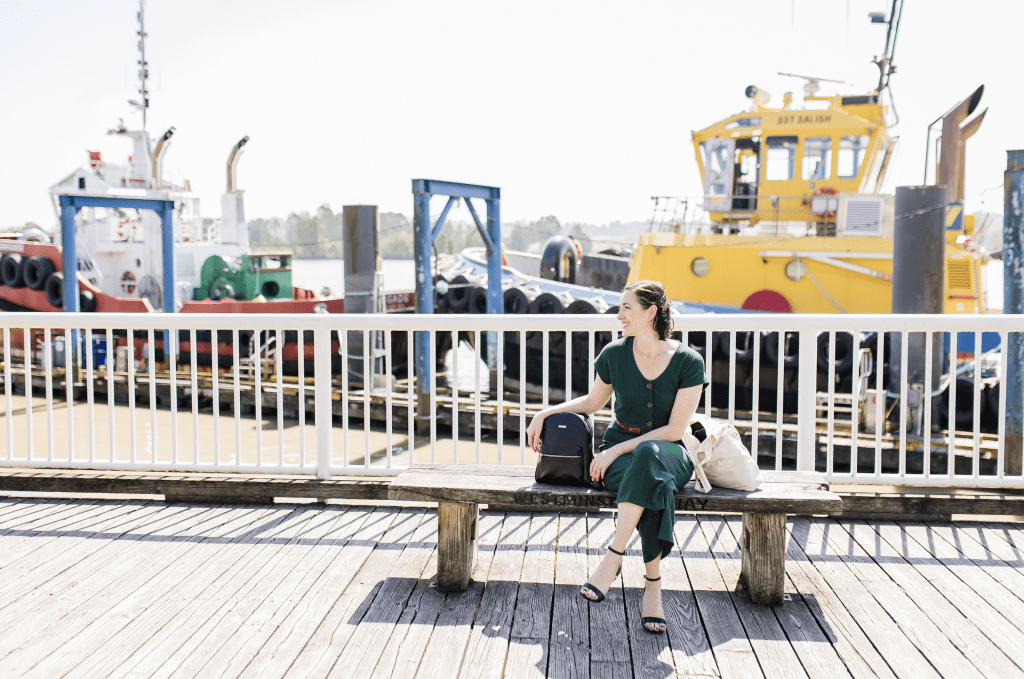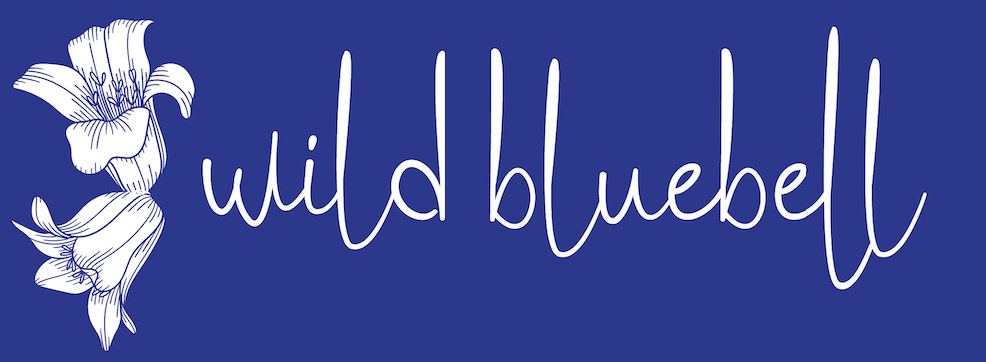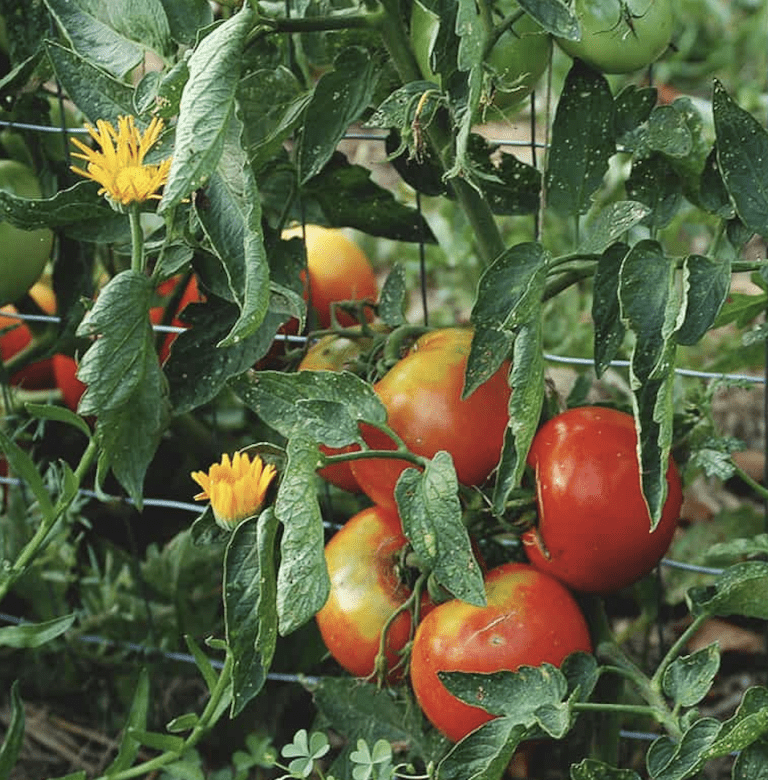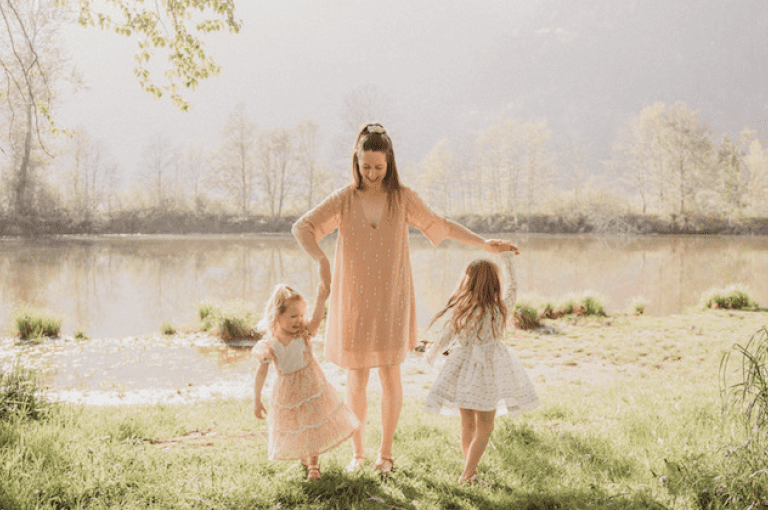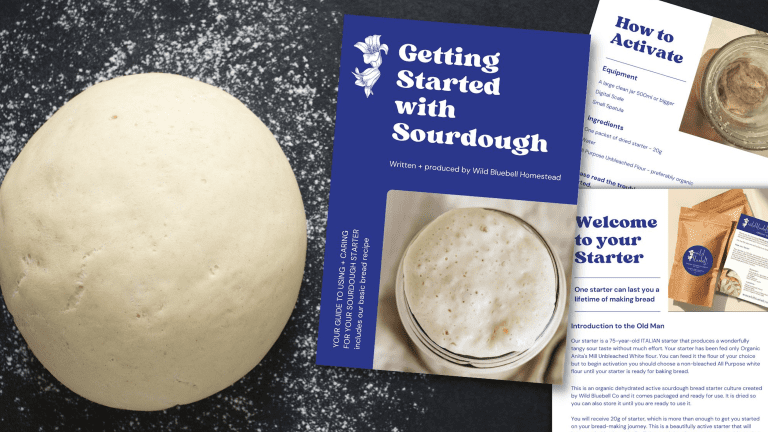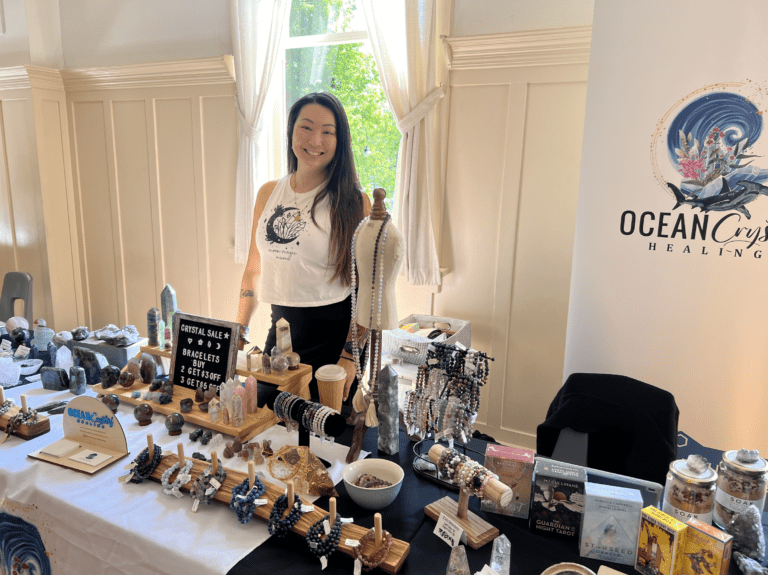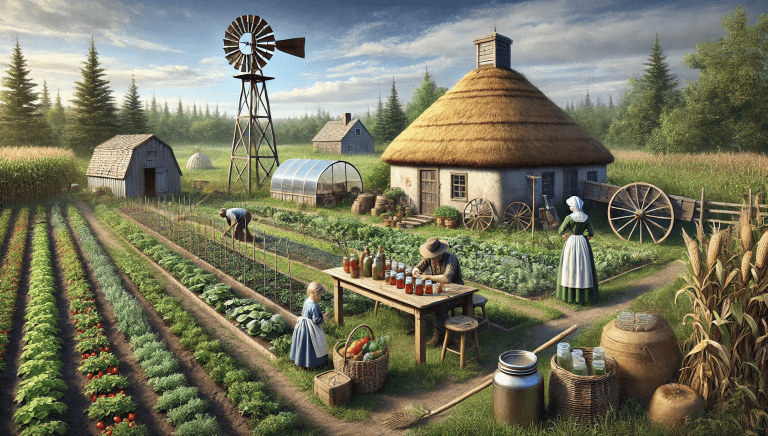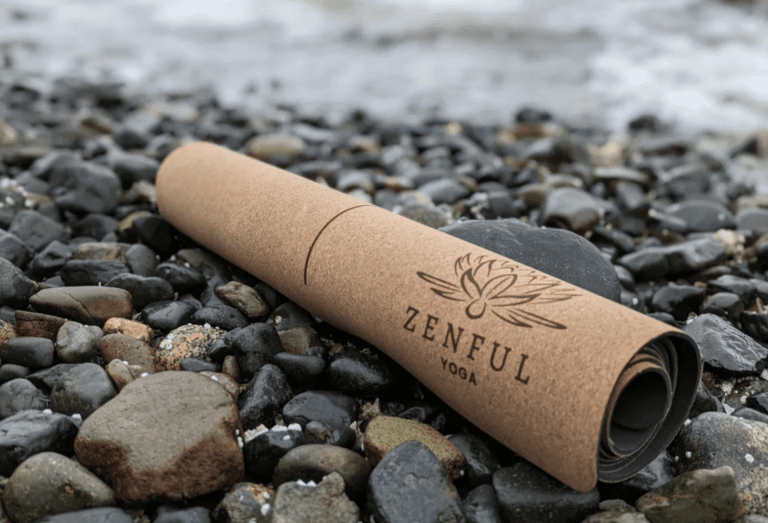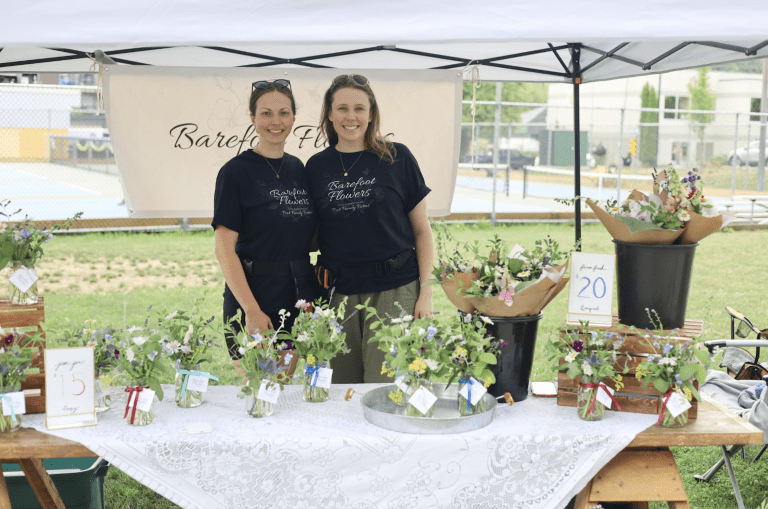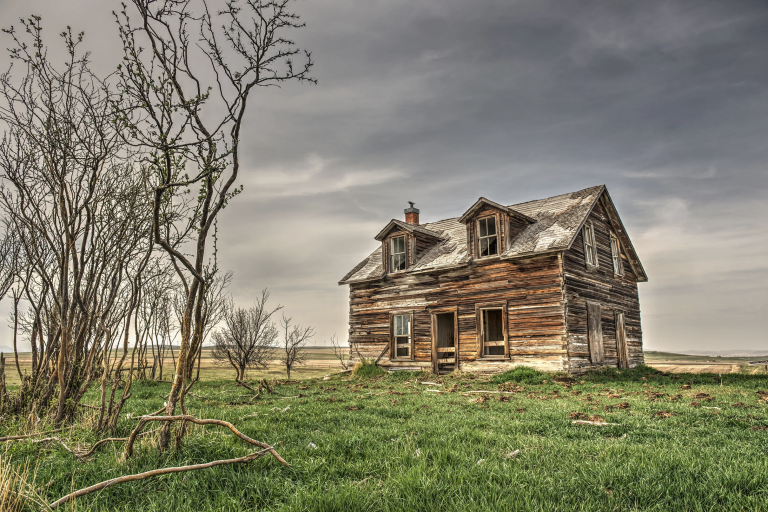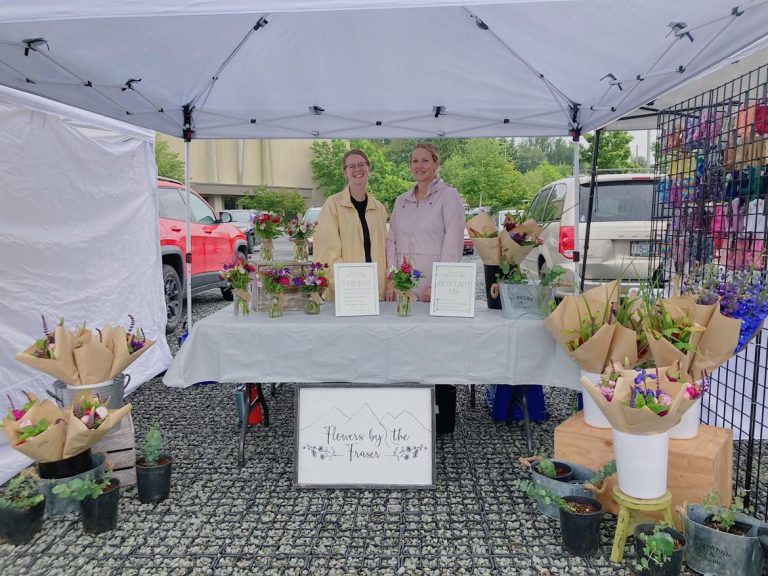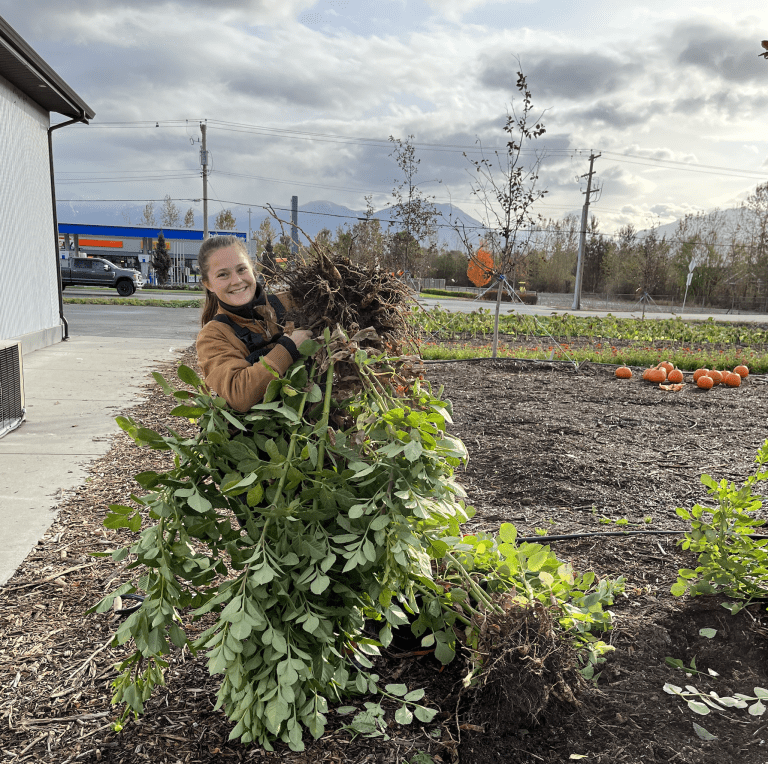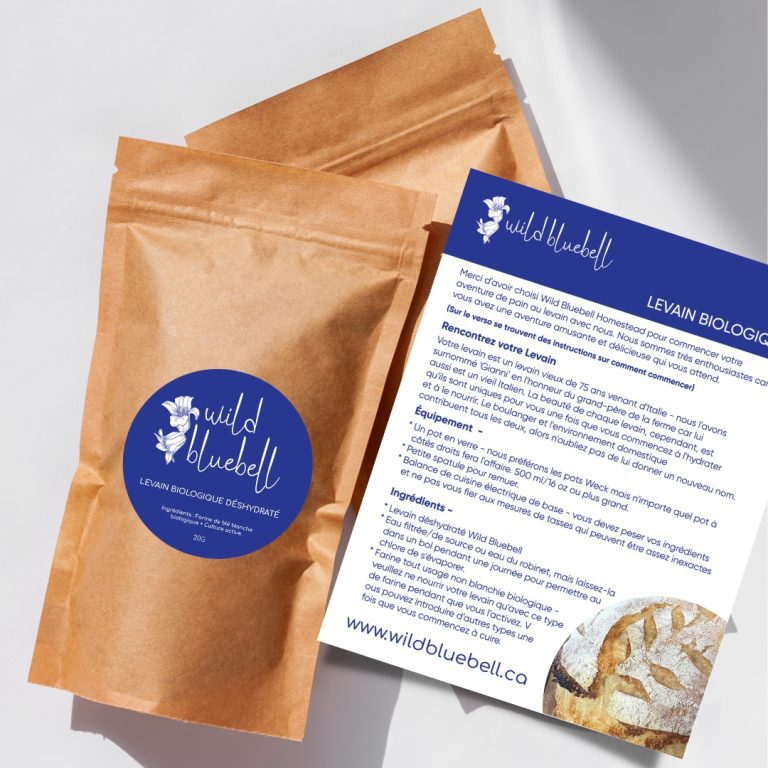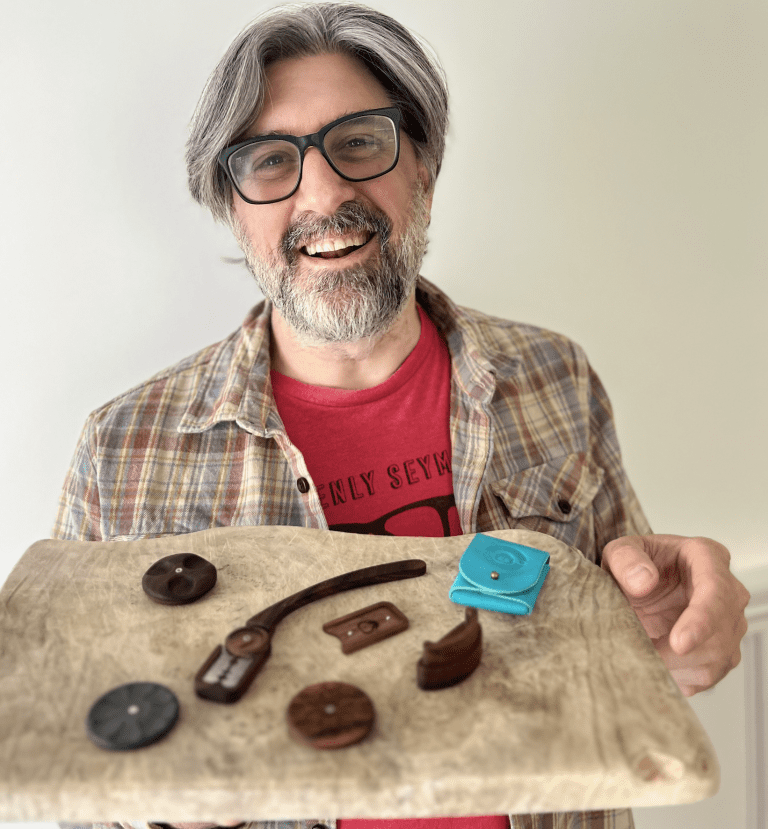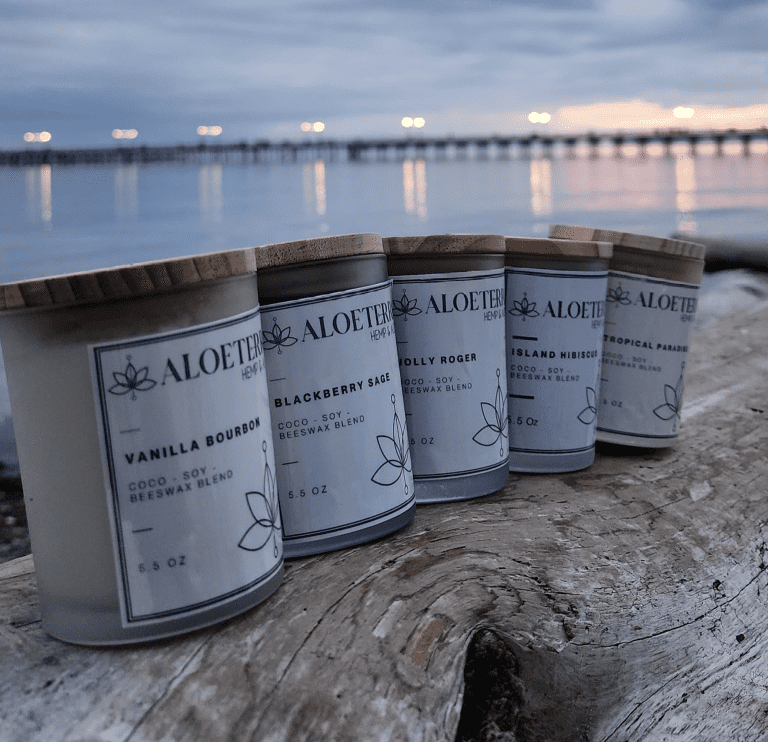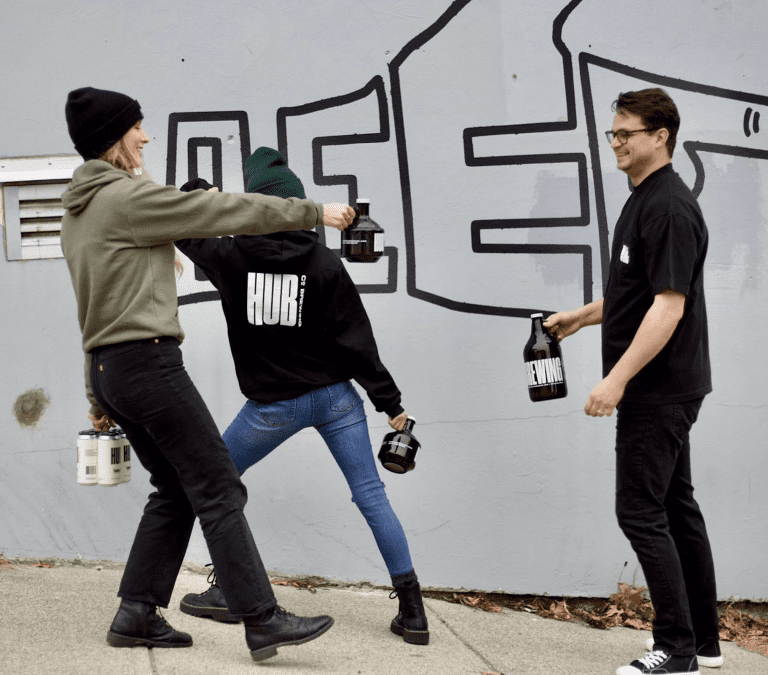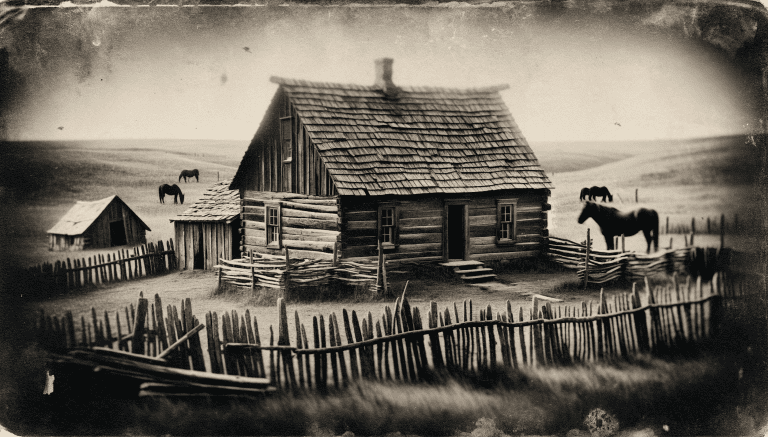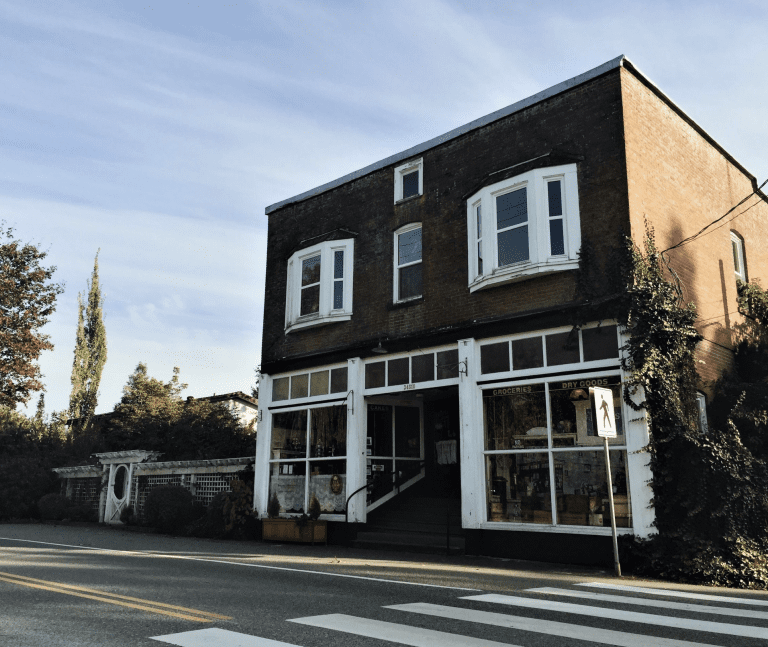In an era where sustainability has taken center stage, many industries are reevaluating their practices to be more eco-conscious. The wedding industry, notorious for its excesses and waste, is no exception. Amidst this wave of change emerges WasteKnot, an innovative wedding planning business aiming to transform how we celebrate love. With a mission rooted deeply in sustainability and a unique approach that is both conscious and elegant, WasteKnot is setting a new standard for the industry. In this exclusive interview, we delve into the inspirations, challenges, and aspirations of the visionary behind this pioneering venture, learning more about how they are crafting memorable, eco-friendly weddings.
Can you share the origins of WasteKnot and the inspiration behind initiating this distinctive venture?
While involved in the event catering sector, I directly observed the excessive food wastage at major events and weddings. Much of it ended up in trash bins, neither composted nor salvaged. The prevalent use of single-use plastics, such as water bottles and cups, was alarming. I believed there had to be a more effective way to organize events with minimized waste from the onset and proper waste management thereafter. Thus, my enterprise was born.
How does WasteKnot stand apart from conventional wedding planners in its environmental stance?
My goal is to minimize waste at the outset by collaborating with clients who embrace an eco-conscious lifestyle and aim to lessen their event’s environmental imprint. I restrict weddings to under 100 guests and within 100 km of my New Westminster, BC office. Our conversations start with budget and primary wedding components. We then explore venue options, ensuring logistically sound and accessible sites, with added value if reachable via public transport or shuttle service. The subsequent phase involves aligning with vendors committed to sustainable operations. Choices might entail organic flower farms, substituting live plants for cut flowers, menus with local/seasonal ingredients, or renting rather than purchasing décor.
What core services does WasteKnot offer for an environmentally responsible wedding?
- Eradicate unnecessary waste: Is there a reusable or multi-purpose option?
- Minimize residual waste: For instance, optimizing food quantities based on confirmed attendees and dietary considerations.
- Waste management: Proper sorting post-event, composting organic refuse.
- Analyzing data, if feasible: Scope 1 (on-site repercussions), Scope 2 (transportation of guests/vendors), Scope 3 (long-distance guest arrivals, supplier operations).
Could you elaborate on WasteKnot’s collaboration with vendors to uphold sustainability?
While preliminary discussions are crucial, personally visiting places like warehouses or farms offers insights into vendors’ sustainable operational methods. For instance, touring a floral studio that collaborates with local organic farmers, eschews single-use plastics, and creatively reuses fallen petals as confetti is enlightening. Kudos to Leis-des-buds and Alciia’s Florals!
How do you ensure your wedding arrangements are both aesthetically pleasing and eco-friendly?
Creating beauty in naturally stunning settings, such as botanical gardens, riversides, or art-infused spaces, isn’t challenging. It’s akin to makeup – accentuating innate beauty with a touch of individual flair. My locale boasts rental décor companies offering gorgeous items. With resources like plush furniture or vibrant vintage votive candles, crafting elegant events becomes effortless.
Could you detail an eco-friendly wedding organized by WasteKnot?
Every wedding I curate is environmentally conscious to varying degrees. A memorable instance was a May wedding at Estate 248. The bride envisioned a minimalist yet enchanting outdoor ceremony, using potted plants as décor, which were later gifted to attendees. Homemade sustainable soap bars served as favors. Additional eco-initiatives included using collected vases for floral arrangements, collaborating with a local calligrapher, and capitalizing on the venue’s existing décor, minimizing transportation and costs.
How do you educate couples on the significance of eco-friendly weddings?
My clientele typically acknowledges the eco-importance. They seek guidance on translating this understanding into actionable planning, balancing eco-conscious decisions with their dream day’s vision. Their trust in me throughout this journey is deeply rewarding.
What hurdles has WasteKnot encountered pioneering eco-conscious wedding planning locally?
Launching post-pandemic in Vancouver presented challenges. Many vendors were recuperating, and eco-initiatives weren’t priorities. Event staffing remains a concern amidst the existing economic landscape. Additionally, clients grapple with tight budgets. However, my hourly rate offers flexibility, and some eco-alternatives can be cost-effective.
How does New Westminster, British Columbia, bolster your endeavors?
New Westminster’s tight-knit community and its penchant for local support have been invigorating. My affiliation with the New West Chamber of Commerce and engagement in local events amplify my commitment. The picturesque locale, with verdant parks and a mesmerizing Fraser River boardwalk, also acts as a natural draw.
What future aspirations does WasteKnot harbor for enhancing its eco-commitment in weddings?
I continuously update my vendor list, seeking those dedicated to sustainable practices. I’m collaborating with ImpactALL and Circular Unity to derive an event’s complete environmental impact. This necessitates collective effort from all stakeholders, aiming for precise emissions data, which, if mandated by the government, would streamline the process for all event planners.
Could you share your favorite aspect of offering eco-friendly wedding solutions?
The CREATIVE process! Innovative solutions, like utilizing dried florals for ambiance, invigorate me. While Pinterest occasionally showcases impractical suggestions, it often inspires eco-friendly wedding concepts.
How does WasteKnot define a successful wedding?
For weddings, the client’s satisfaction is paramount. However, a WasteKnot hallmark of success is minimal post-event waste. While some caterers provide waste metrics, I aspire for more accurate data acquisition soon.
Besides managing WasteKnot, how do you spend your leisure?
My interests are diverse. From teaching yoga, dance, voice, and acting, to exploring the Vancouver music scene, to volunteering at community theaters. I cherish hiking, reading, baking, and spending time with my husband and our cat, Lily.
Is there additional information you’d like the community to be aware of?
WasteKnot is my brainchild, and its accomplishments fill me with pride. I eagerly anticipate many more eco-conscious events and weddings under its banner!
For more information, visit their website, Instagram, LinkedIn or Google Maps
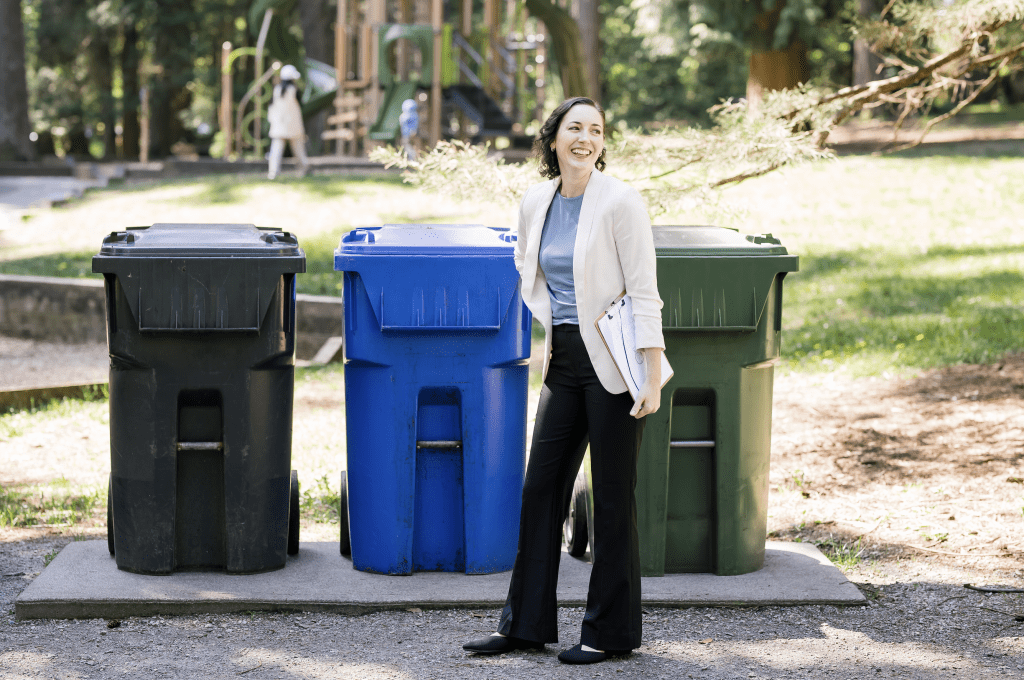
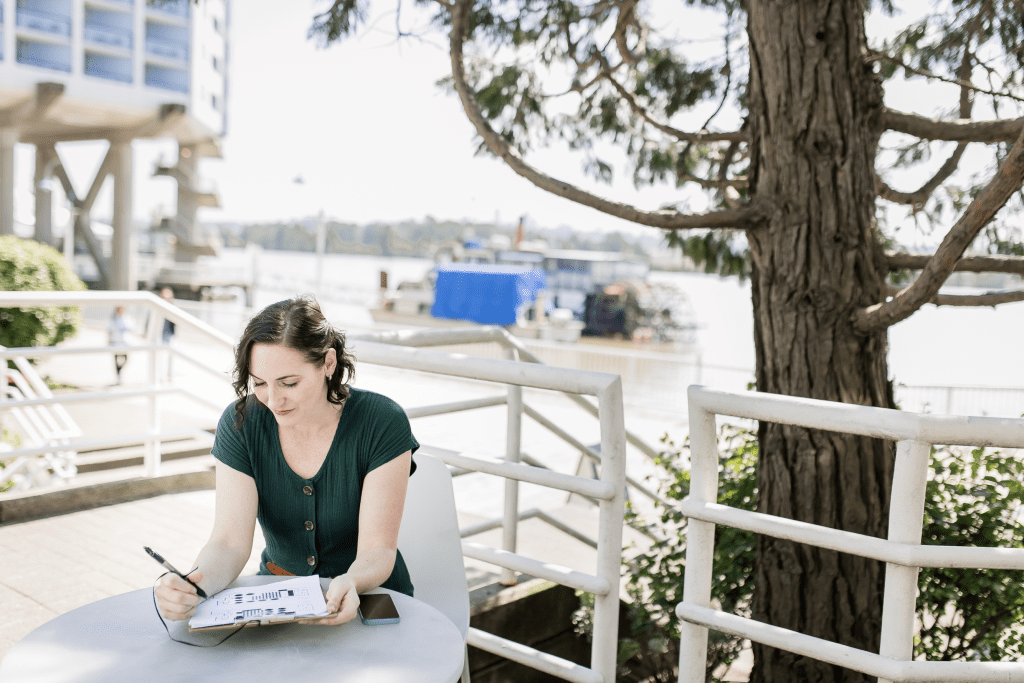
Wild Bluebell Homestead is a charming hobby farm located in Abbotsford that offers a range of hand-made artisanal products, curated vintage furniture, sourdough bread, and other homemade items. The homestead is dedicated to creating unique and high-quality products that are beautiful, functional, and long-lasting, plus each item is carefully crafted with attention to detail. Customers can expect a warm and welcoming experience and a range of products that are perfect for adding a touch of rustic charm to any home.

